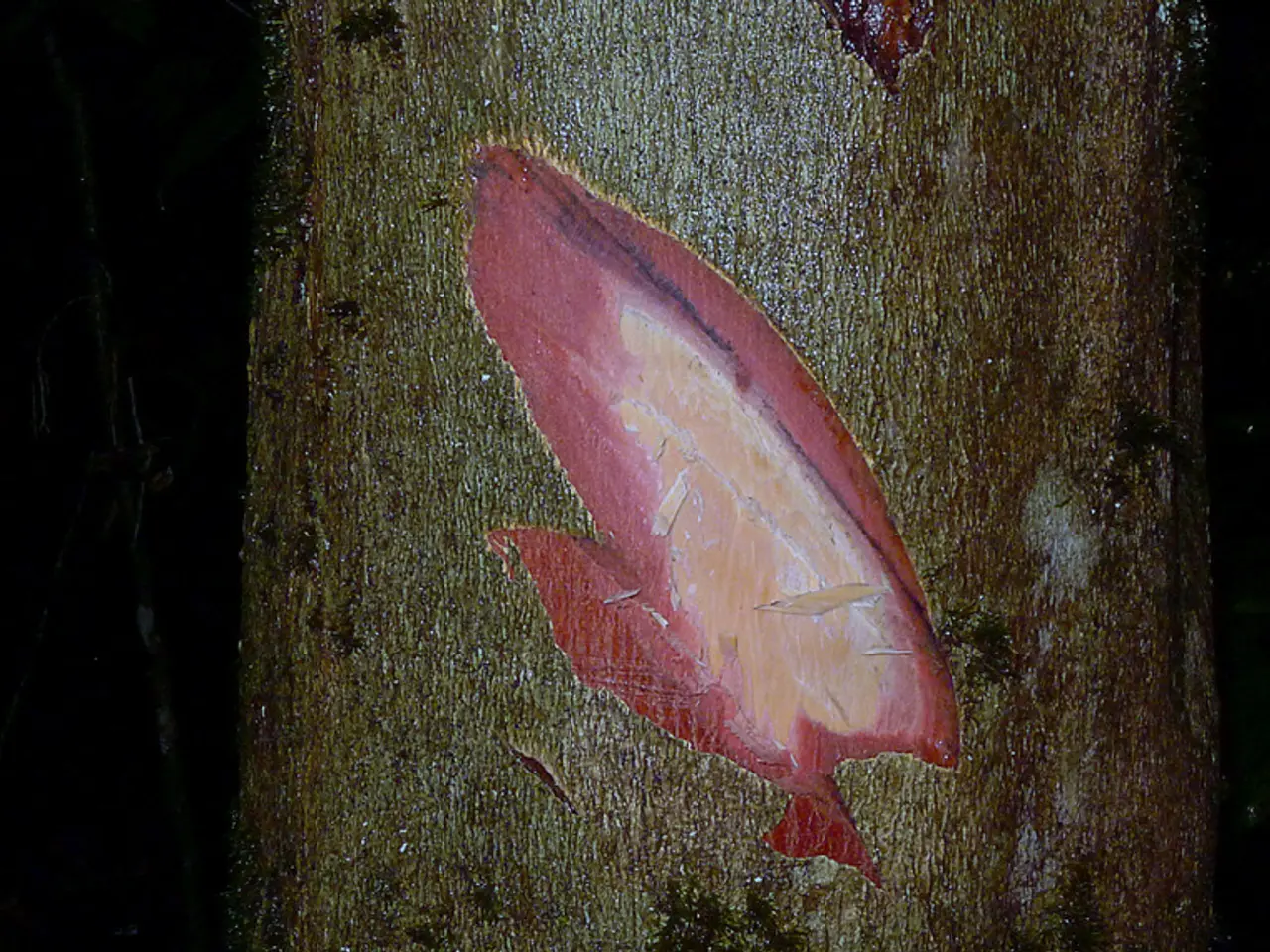Kazakhstan revises teaching methods for Science, Technology, Engineering, and Mathematics (STEM) instruction
In a bid to revolutionize STEM education in Kazakhstan, the Southeast Asia Teacher Education Program (SEA-TEP) has been making significant strides. This state-accredited program, led by SEAMEO STEM-ED and supported by Chevron, is working to address pedagogical challenges in Kazakhstan and other participating countries, including Thailand, Cambodia, Indonesia, and Malaysia.
The SEA-TEP program, implemented in Kazakhstan by the educational center Caravan of Knowledge in partnership with the Ministry of Education, National Academy of Education, Sh. Ualikhanov Kokshetau University, and the Jana Talap program, is designed to foster international cooperation, integrate policy reforms, and establish professional learning communities and innovation infrastructure within teacher training institutions.
In Kazakhstan, the program has contributed to transforming STEM education by incorporating teacher training modules adapted from several participating countries, influencing national educational standards, and fostering STEM innovation centers such as the STEAM Competence Center at Ualikhanov University. This has led to policy recommendations for revising educational standards to emphasize interdisciplinary STEM approaches at the secondary level, the creation of government-endorsed registers of certified STEM trainers, and the promotion of systemic STEM teacher education reforms.
The SEA-TEP events enable the integration of innovative pedagogical methods for both practicing and aspiring teachers. Teachers in the program exchange knowledge, lesson plans, projects, and receive feedback from colleagues. They learn to create lesson plans using the "claim-evidence-reasoning" structure and modeling methods, preparing them for the future, including integrating artificial intelligence tools.
The program employs teaching materials based on the U.S. Next Generation Science Standards (NGSS), considering local context and emphasizing the importance of adapting STEM education to local conditions. It encourages active participation in professional online learning communities among teachers, consolidating key ideas, summarizing best practices, and forming long-term strategies for sustainable development and policy adoption.
First Vice Minister of Education and Science of Kazakhstan, Maira Meldebeкова, expressed gratitude to strategic partners for their contribution to the development of STEM education. Zhomart Karambayev, Deputy Chairman of the Committee for Secondary Education, discussed Kazakhstan's commitment to the teaching profession, including doubling teachers' salaries over the past five years.
The STEM education system in Kazakhstan is hindered by a fragmented approach that provides students with too few opportunities to bridge interdisciplinary gaps. However, STEAM subject teachers in Kazakhstan are learning about modern pedagogical strategies that meet the demands of the 21st century through SEA-TEP.
Many professors from Shokhan Ualihanov Kokshetau University are Bolashak scholarship recipients, underscoring the university's commitment to excellence in education. The SEA-TEP program serves as a strategic enabler for systemic reform in STEM teacher education in Kazakhstan by blending international best practices, influencing policy changes, supporting innovation infrastructure, and fostering professional collaboration, which collectively enhance the quality and sustainability of STEM education in the country.
References:
[1] SEAMEO STEM-ED. (2021). SEA-TEP in Kazakhstan: Strengthening STEM Education through Collaboration and Innovation. Retrieved from https://www.seameo-stem-ed.org/sea-tep-in-kazakhstan/
The SEA-TEP program, in collaboration with various partners, is fostering international cooperation, integrating policy reforms, and establishing professional learning communities to transform STEM education in Kazakhstan. This involves adapting teacher training modules from several participating countries, influencing national educational standards, and promoting systemic STEM teacher education reforms.
Teachers in the program are learning innovative pedagogical methods, exchange knowledge, and create lesson plans using the "claim-evidence-reasoning" structure, preparing them for the future integration of artificial intelligence tools. Additionally, the program encourages active participation in professional online learning communities, consolidating key ideas, summarizing best practices, and forming long-term strategies for sustainable development and policy adoption.




